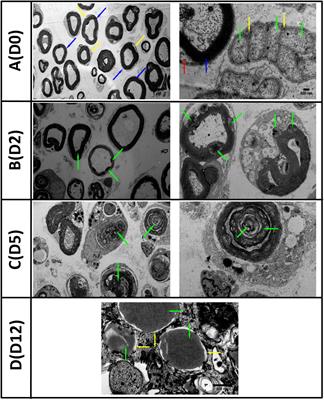EDITORIAL
Published on 31 Mar 2022
Editorial: Emerging Therapeutic Approaches for Repair and Regeneration of Injuries in the Peripheral Nervous System
doi 10.3389/fbioe.2022.891459
- 956 views
12k
Total downloads
49k
Total views and downloads
EDITORIAL
Published on 31 Mar 2022
ORIGINAL RESEARCH
Published on 09 Dec 2021
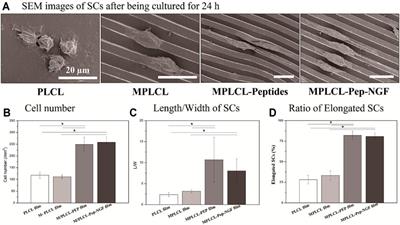
REVIEW
Published on 24 Jun 2021

REVIEW
Published on 25 May 2021
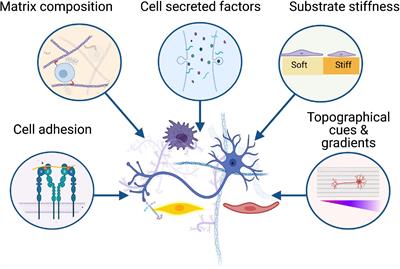
ORIGINAL RESEARCH
Published on 22 Mar 2021
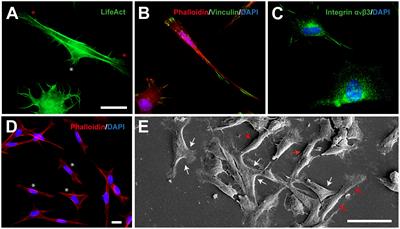
ORIGINAL RESEARCH
Published on 19 Mar 2021
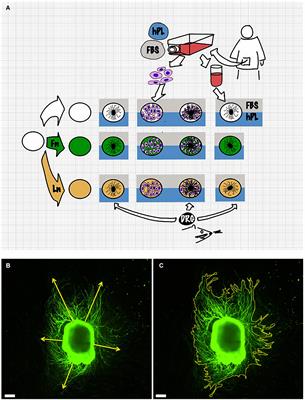
ORIGINAL RESEARCH
Published on 10 Feb 2021
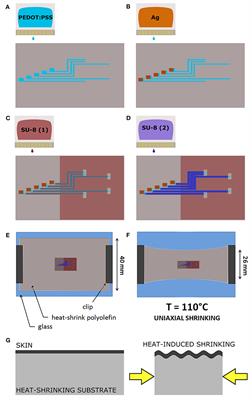
ORIGINAL RESEARCH
Published on 20 Nov 2020
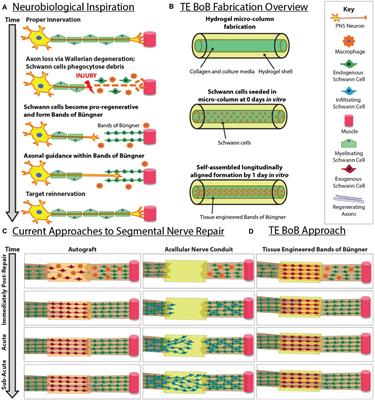
MINI REVIEW
Published on 30 Oct 2020
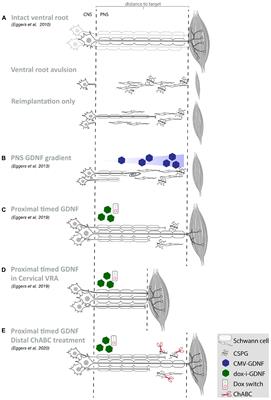
ORIGINAL RESEARCH
Published on 10 Jul 2020
